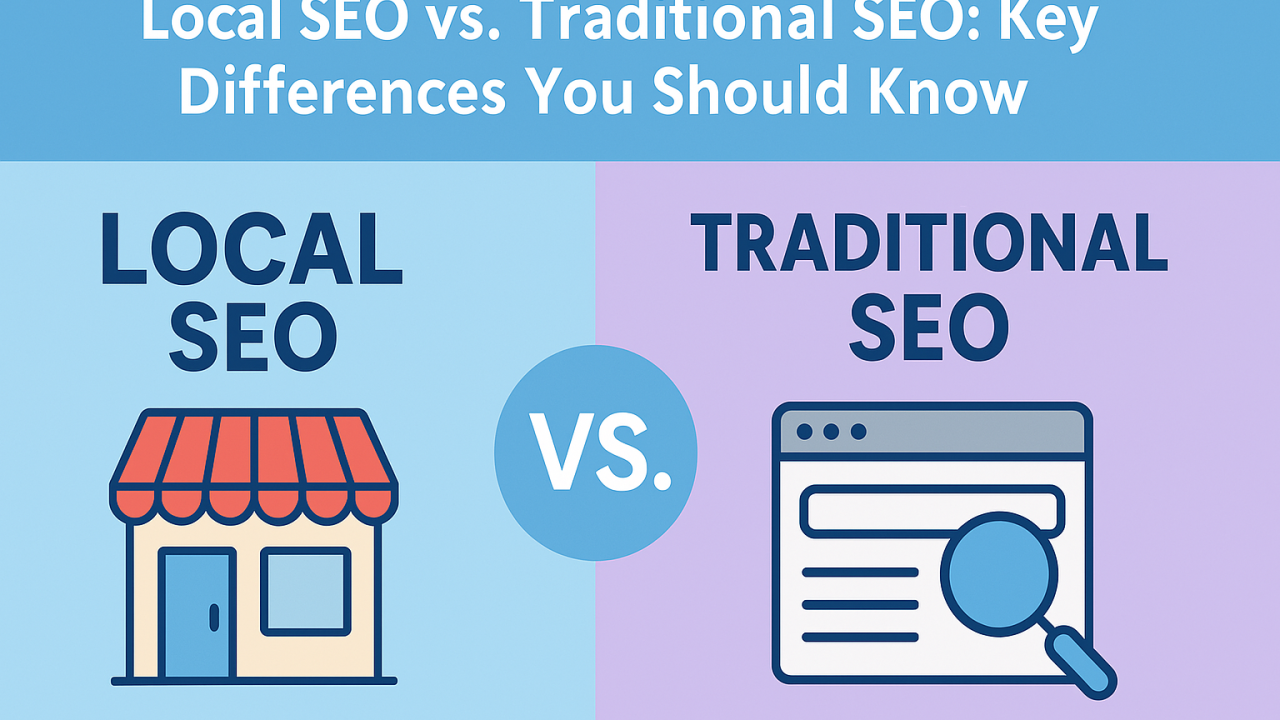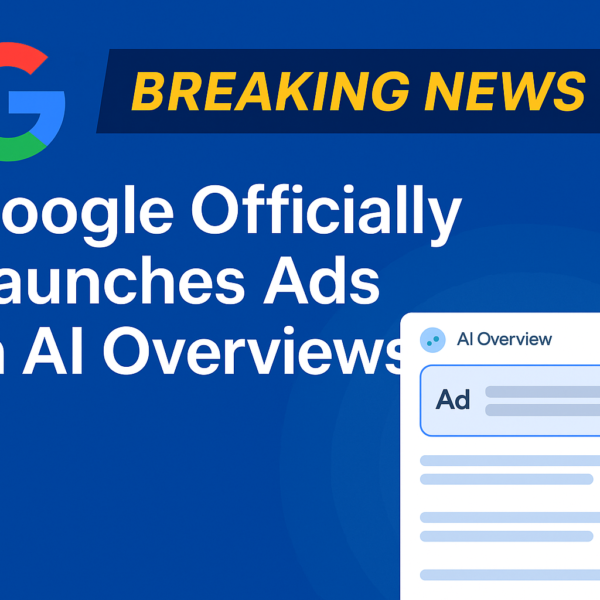Local SEO vs. Traditional SEO: Unlocking the Right Strategy to Dominate Your Market

As the digital landscape evolves, so too must your marketing strategy—especially when visibility equals viability. Understanding the key differences between Local SEO and Traditional SEO isn’t just a technical matter—it’s a strategic imperative for today’s coaches, consultants, and business leaders looking to rise above the noise. Whether you’re anchoring a local service-based business or scaling an online brand with global reach, this article breaks down what sets these two powerful search strategies apart—and how choosing the right one can transform your business trajectory.
What Is Traditional SEO?
Traditional SEO, often referred to as national or global SEO, is the practice of optimizing a website to rank for broad, non-location-specific keywords. It aims to reach a wider audience, often beyond regional or city boundaries.
Key Elements:
- Keyword research and on-page SEO
- Backlink building from high-authority domains
- In-depth content marketing and blogging
- Technical SEO (site speed, mobile optimization, crawlability)
- Domain authority and search engine trust
Who It’s For: Traditional SEO is ideal for:
- Online course creators
- eCommerce stores
- National consultants or coaches
- SaaS companies and digital product brands
If your audience isn’t tied to a physical location, or you serve clients across multiple geographies, Traditional SEO is the strategy you’ll want to prioritize.
What Is Local SEO?
Local SEO focuses on optimizing your online presence to attract customers in a specific geographic area. It’s essential for businesses that have a brick-and-mortar presence or serve a particular locale.
Key Elements:
- Google Business Profile optimization
- Local citations (directories like Yelp, Yellow Pages)
- Customer reviews and ratings
- Localized keyword usage
- Map pack inclusion (Google Maps visibility)
- Mobile-first design (since many local searches happen on phones)
Who It’s For: Local SEO works best for:
- Real estate agents and brokers
- Financial advisors and CPAs
- Attorneys
- Life and executive coaches with local clientele
- Health and wellness providers
- Local service businesses (salons, med spas, fitness studios)
If your business serves a defined area, Local SEO can significantly increase foot traffic, phone calls, and appointment bookings.
Key Differences Between Local SEO and Traditional SEO
| Feature | Local customers | National or global audience |
| Keyword Focus | Localized keywords (e.g., “executive coach in Austin”) | Broad keywords (e.g., “executive coach”) |
| Search Results | Google Map Pack + organic results | Standard organic results |
| Content Strategy | Locally-focused content | Industry/niche-focused content |
| Link Building | Local citations + local partnerships | High-authority backlinks from relevant domains |
| Platform Optimization | Google Business Profile + reviews | Website + content hubs |
| Target Audience | Local customers | National or global audience |
Why It Matters in 2025
Search behaviors are evolving. With Google prioritizing user intent, personalization, and mobile-first indexing, the line between local and traditional SEO is blurring—but both are more important than ever.
If you’re a consultant or coach trying to establish authority and drive organic leads, the decision isn’t always binary. You may need to incorporate both approaches strategically:
- Use Local SEO to capture highly motivated local leads
- Use Traditional SEO to build industry authority and reach global audiences
As search algorithms become smarter, relevance and proximity matter just as much as authority and content depth.
Real-World Examples
Example 1: The Local Coach
A life coach in Denver optimizes her Google Business Profile, encourages 5-star reviews, and builds citations on local directories. Her blog targets localized queries (e.g., “best life coach in Denver”). Result? More discovery via Google Maps, more calls, and full coaching calendar.
Example 2: The National Speaker
A business speaker offering virtual keynotes invests in Traditional SEO, writing in-depth articles on leadership, productivity, and executive performance. He earns backlinks from major publications and ranks nationally. Result? He becomes a go-to name in his industry.
Example 3: The Hybrid Consultant
A branding consultant works with both local startups and international clients. She uses Local SEO to attract small businesses in her city and Traditional SEO to promote her thought leadership through long-form blogs and guest podcasts.
How to Choose the Right SEO Strategy
- Identify Your Audience Are they local, national, or global?
- Define Your Business Goals Are you looking for foot traffic, brand authority, or digital product sales?
- Audit Your Current Presence Do you have a strong Google Business Profile? Are your site pages optimized for broader keywords?
- Decide What You Can Manage Local SEO can deliver results faster but requires consistent updates (reviews, citations). Traditional SEO is a long game with a bigger potential reach.
- Consider a Dual Approach Many successful coaches and consultants use both strategies to create a funnel that works at every stage of the customer journey.
In today’s competitive online arena, knowing whether to lean into Local SEO or Traditional SEO is more than a tactical decision—it’s a foundational choice that determines how your brand shows up, who finds you, and how fast you grow. Local SEO helps your business shine within your community, while Traditional SEO elevates your authority on a broader scale. For founders, executives, and creators, the smartest approach may be an intentional blend of both. When your SEO strategy aligns with your business vision, audience, and goals—you’re no longer just playing the game. You’re setting the rules. Invest wisely, optimize intentionally, and make your business impossible to ignore.
Google Officially Launches Ads in AI Overviews: What It Means for the Future of Search and Your Brand
Google Officially Launches Ads in AI Overviews: A Game-Changer for Digital Visibility and Brand Strategy In a groundbreaking move set to reshape the digital marketing landscape, Google has officially rolled out ads within AI Overviews—the AI-generated summaries that appear at…
10 Powerful Google Business Profile SEO Tricks to Rank Higher on Maps
Outrank the Competition: 10 Powerful Google Business Profile SEO Tricks to Dominate Google Maps in 2025 As local search continues to dominate digital marketing, optimizing your Google Business Profile (GBP) has become a non-negotiable for professionals seeking growth. Whether you’re…
What’s under the hood matters more than ever for SEO success
Beyond the Surface: What’s under the hood matters more than ever for SEO success As artificial intelligence transforms search engines and user expectations evolve, surface-level SEO tactics are no longer enough. Today’s digital success hinges on what’s under the hood…
How to Align Your SEO Strategy with AI-Driven Discovery
Mastering the Future: How to Align Your SEO Strategy with AI-Driven Discovery In a digital landscape reshaped by artificial intelligence, traditional SEO methods are no longer enough. Coaches, consultants, medical aesthetics clinics, fitness professionals, real estate agents, and law offices…
How to Repurpose Your Coaching Methodology for LinkedIn Growth
Turn Your Coaching Framework Into High-Impact LinkedIn Content That Builds Authority LinkedIn is more than a digital resume—it’s a platform for thought leadership, connection, and brand growth. For coaches and consultants, your unique framework or methodology isn’t just a client…





